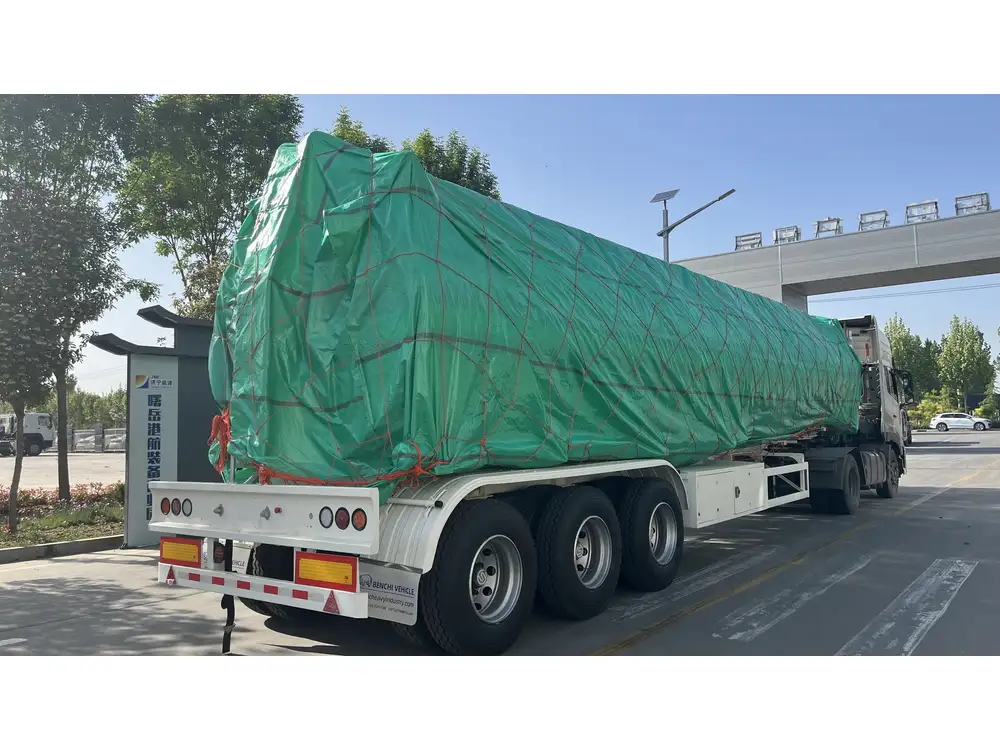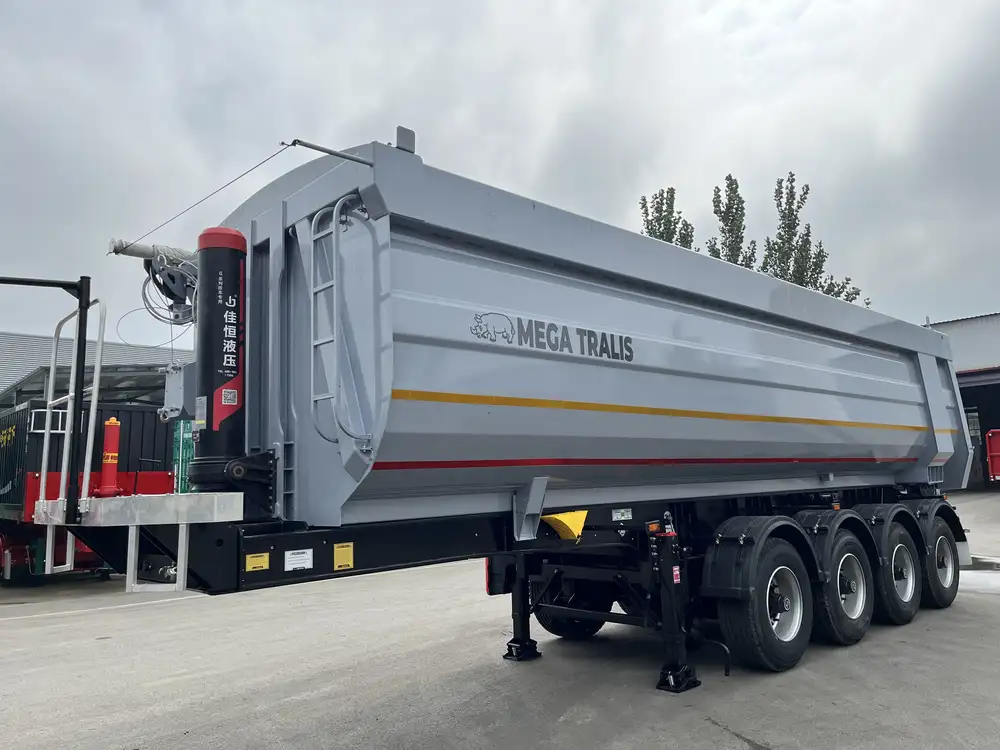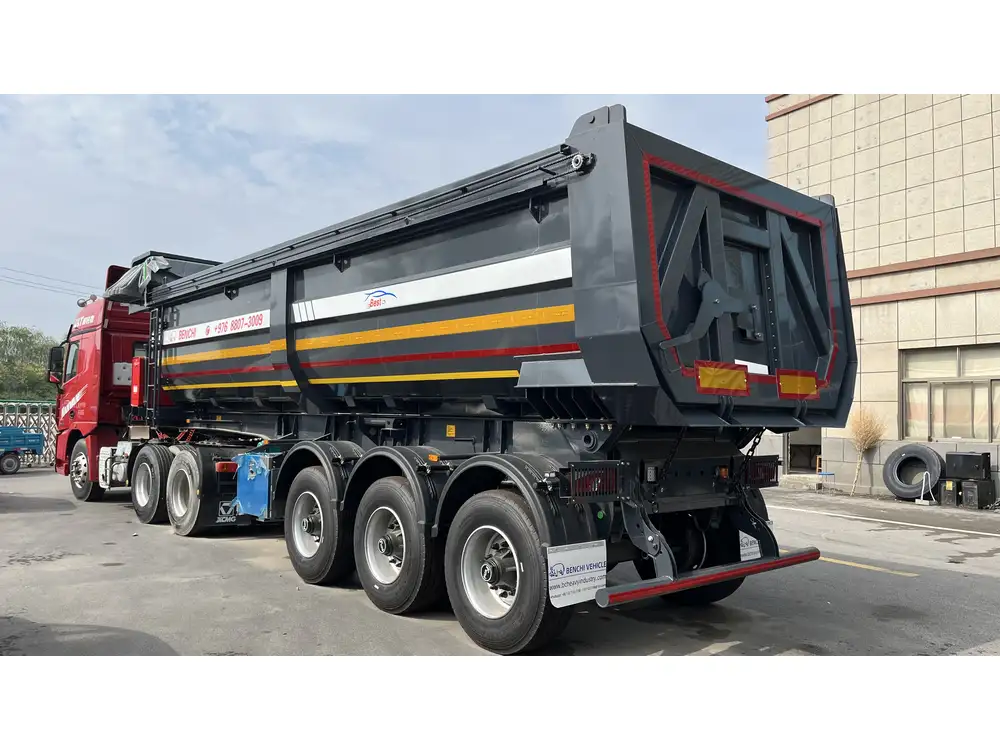When it comes to the intricate world of travel trailers, understanding the capacity of your fresh water tank is pivotal for a seamless adventure. Whether you’re a seasoned camper or a novice explorer, knowing the specifics about fresh water tanks, including how many gallons they hold, can significantly enhance your outdoor experience. This article dives deep into the details, providing you with thorough insights that will help you fully grasp the ins and outs of travel trailer fresh water tanks.
Understanding Fresh Water Tanks in Travel Trailers
What is a Fresh Water Tank?
The fresh water tank in a travel trailer is designed to hold potable water that is used for drinking, cooking, bathing, and general sanitation. This tank is crucial for self-contained camping, allowing you the freedom to enjoy the great outdoors without the constant need for external water sources.

Tank Size Variations
The size of fresh water tanks in travel trailers can vary considerably based on the trailer’s size, model, and intended use.
| Trailer Type | Gallons (Approx) |
|---|---|
| Compact Trailers | 20 – 30 gallons |
| Mid-Sized Trailers | 30 – 50 gallons |
| Larger Trailers (Fifth Wheel) | 50 – 100 gallons |
| Luxury Trailers | 100+ gallons |
Travel trailers typically cater to various needs, so tank capacities are designed accordingly.
Typical Capacity Ranges
Compact Trailers: These smaller units, often favored for simplicity and lightweight travel, generally feature tanks that hold between 20 to 30 gallons.
Mid-Sized Trailers: A balance between size and space with fresh water tanks from 30 to 50 gallons, making them suitable for family trips.
Larger Trailers (Fifth Wheels): These can accommodate anywhere from 50 to 100 gallons, ideal for extended journeys or larger families.
Luxury Trailers: Designed for comfort, these models boast fluctuating capacities, frequently exceeding 100 gallons.
Why Is Knowing Tank Capacity Important?
Understanding the capacity of your fresh water tank is essential for several reasons:
Planning Trips: Knowing how much water you can store informs how long you can stay off the grid without needing to refill.
Weight Considerations: Water adds significant weight to your travel trailer; a gallon of water weighs approximately 8.34 pounds. Understanding your tank capacity can help manage weight loads to prevent safety issues.
Water Management: Conscious usage and knowing your tank limit can help avoid the stress of running out of drinking water during your travels.

How to Determine Your Travel Trailer’s Fresh Water Tank Capacity
Check Manufacturer Specifications
Your first step should always be to consult the manual provided by the manufacturer. It will include details about the fresh water tank capacity and specifications.
Visual Inspection
If documentation is unavailable, a hands-on approach can be taken:
- Locate the fresh water tank, usually found beneath the trailer.
- Measure the dimensions (length, width, height) if visible.
- Use the volume formula for a rectangular tank (Length x Width x Height) to calculate its capacity. Be sure to convert cubic inches to gallons (1 cubic foot = 7.48 gallons).

Onboard Monitoring Systems
Modern trailers are often equipped with onboard monitoring systems that electronically display the amount of fresh water remaining. This can provide real-time readings that can be checked easily as you travel.
Factors Affecting Fresh Water Tank Utilization
Daily Water Consumption
The amount of water consumed daily varies based on individual needs. However, on average, a few factors impact your total usage:
- Cooking and Cleaning: Prepare meals and maintain hygiene.
- Personal Hygiene: Showers and restroom needs.
- Recreational Use: If you’re a family, water usage can increase for fun activities.
A general estimate might sit around 5-10 gallons per person per day, but this is influenced by lifestyle choices and other mitigating factors.

External Factors
- Duration of Stay: Longer stays require more water replenishment.
- Seasonal Considerations: Hotter weather can increase water needs for hydration and cooling down.
- Group Size: Traveling with more people naturally demands increased water.
Common Challenges and Solutions
1. Running Out of Water
Issue: Running out of water can be a significant concern, especially in remote areas.
Solutions:
- Plan your routes with known refilling stations.
- Use monitoring systems to gauge water levels accurately.
- Optimize water use through conscious practices such as shorter showers and efficient dishwashing.

2. Water Contamination
Issue: Fresh water tanks are susceptible to contamination, which can lead to health issues.
Solutions:
- Regularly sanitize your fresh water system, following the manufacturer’s specific recommendations.
- Use food-grade hoses for filling tanks to avoid leaching harmful chemicals into your water.
3. Leaks and Maintenance
Issue: Leaks can develop, leading to not only a loss of water but also potential damage to your trailer.
Solutions:
- Regularly inspect hoses and tank fittings for wear and tear.
- Check for soft spots around the tank area that may indicate leaks.
Staying Hydrated While On The Road
Ensuring a clean and healthy supply of water while traveling is paramount. When venturing out, consider these methods to ensure hydration:
Portable Water Filters: Utilizing portable filtration systems can help improve water quality when refilling from non-potable sources.
Water Bottles: Using reusable water bottles can optimize hydration on the go and minimize waste.
Emergency Supplies: Carry extra potable water in jugs or cans for longer trips.

Conclusion
Understanding the gallons your travel trailer’s fresh water tank can hold is not merely an academic exercise; it’s a cornerstone of planning and executing your outdoor excursions. With various trailer types, capacities, and potential hurdles in managing your water supply, this article serves to equip you with the knowledge necessary for optimal travel experiences. Planning is key to ensuring that your adventures remain enjoyable and trouble-free, allowing you to focus on making memories rather than facing challenges.
Whether you’re gearing up for a weekend getaway or a months-long expedition, keeping an eye on your fresh water capacity and understanding usage patterns can transform your travel adventures into unforgettable experiences. Embrace the freedom of the open road with the confidence of being well-prepared, starting with the insightful management of your fresh water supply.



